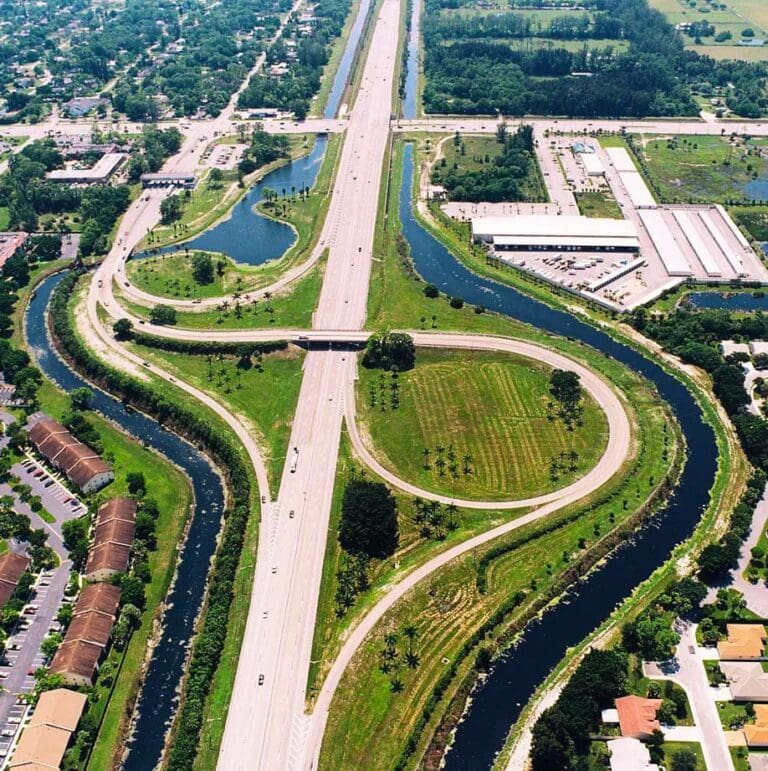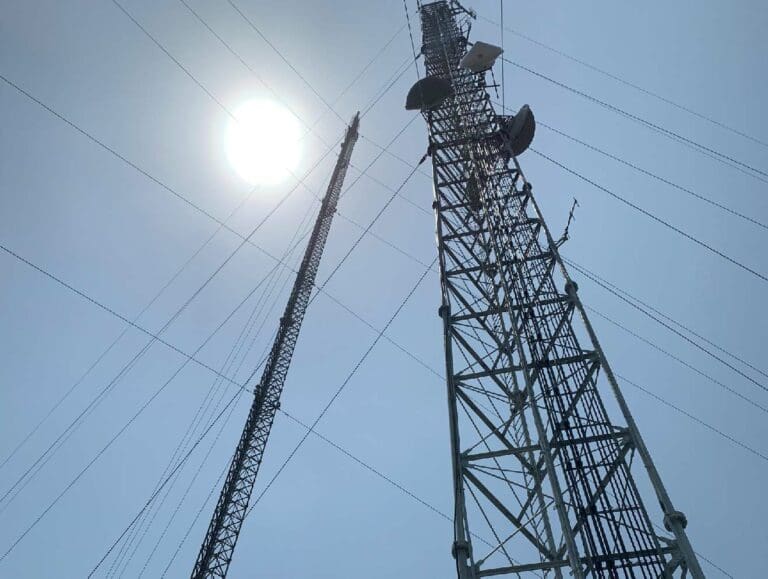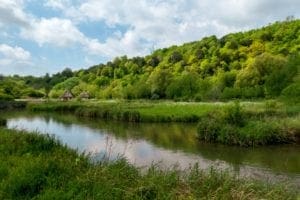Water scarcity is a pressing issue faced by numerous regions worldwide, particularly those with arid climates or facing water challenges such as overconsumption, pollution, saltwater intrusion, and more. In such areas, effective management of water resources becomes paramount to ensure the well-being of communities, agriculture, and ecosystems.
Dive into various strategies for managing scarce water resources with WGI, including potable water systems, water reuse (greywater) systems, water conservation strategies, and rainwater harvesting. We’ll also explore current examples of these strategies in places like Phoenix, AZ, Puerto Rico, the state of Florida, and Mexico City, Mexico.
Potable Water Systems
Potable water systems are crucial for providing communities with safe and clean drinking water. In arid regions, where water sources may be limited, ensuring the efficiency and reliability of potable water systems becomes even more critical. Advanced technologies such as desalination, water purification plants, and efficient distribution networks are employed to meet the demand for potable water.
In Phoenix, Arizona, the city relies heavily on the Central Arizona Project (CAP), which delivers Colorado River water to the region. Additionally, the city has invested in advanced water treatment facilities to ensure potable water supply to its growing population. Arizona’s water struggles underscore the urgency of implementing sustainable water management practices, including conservation efforts and diversification of water sources, to mitigate the impacts of water scarcity in the region. State officials have announced restrictions on new housing developments reliant on groundwater due to diminishing reserves, signaling the end of rapid development in the region and prompting a shift towards water conservation and seeking alternative sources.

Reclaimed Water and Water Reuse Systems (Greywater)
Reclaimed water is highly treated wastewater and can be used for irrigation and other uses to extend our water supplies. There are many benefits to using reclaimed water, such as reducing potable water use, decreasing fertilizer application, reducing discharge into rivers and bays from wastewater plants, and, most importantly, ensuring a sustainable and cost-effective water supply.
Greywater systems involve treating wastewater from sources such as sinks, showers, toilets, laundry, and more – and then reusing it for non-potable purposes such as irrigation, toilet flushing, and industrial processes. Implementing greywater systems helps conserve potable water by reducing the demand for fresh water in non-drinking applications.
Puerto Rico has been exploring greywater systems as a sustainable solution to water scarcity. In urban areas like San Juan, initiatives have been undertaken to treat and reuse greywater for irrigation in parks and green spaces, thereby reducing the strain on freshwater resources.
Water Conservation Strategies
Water conservation is a fundamental aspect of managing scarce water resources. Adopting water-efficient technologies, promoting responsible water usage practices, and implementing water-saving policies are essential strategies for conserving water in arid regions.
Florida faces a looming water shortage due to its growing population, excessive public water demand, and increased threats of droughts, mirroring concerns seen in California and the US western region. Despite abundant surface freshwater and aquifer systems, overconsumption and climate change effects are depleting water resources. To address this, officials are emphasizing water conservation strategies, including year-round restrictions, Florida-friendly landscaping, and investment in water infrastructure improvements. However, a lack of legislation and regulatory enforcement poses challenges in mitigating potential shortages amid population growth and rising temperatures, urging the need for immediate action to safeguard water supplies.
Rainwater Harvesting
Rainwater harvesting involves collecting and storing rainwater for various uses such as irrigation, landscaping, and groundwater recharge. This decentralized approach to water management helps supplement traditional water sources and reduces reliance on centralized water supply systems.
Mexico City faces significant water challenges due to its rapid urbanization, groundwater depletion, and reliance on groundwater and distant sources. These factors exacerbate the problem of leaving reservoirs at historic lows and enable restrictions on water usage. Experts warn of a potential “day zero” when taps could run dry for many residents.
To address this, the city has implemented rainwater harvesting initiatives in residential and commercial buildings. Rainwater collected from rooftops is stored and used for activities like gardening and toilet flushing, easing the demand for municipal water supplies. However, inequalities in access to water persist, underscoring the importance of equitable water management strategies to ensure the well-being of all residents in water-challenged regions.
Contact Our Team
Studies have shown that managing scarce water resources in arid regions requires a multifaceted approach encompassing potable water systems, greywater reuse, water conservation, and rainwater harvesting. By implementing these strategies effectively, communities can mitigate the impacts of water scarcity and ensure a sustainable future for generations.
At WGI, we understand the challenges and complexities of managing our valuable water resource systems. Our dedicated team of experts is equipped with the knowledge and experience necessary to design and implement effective water resource management solutions tailored to the unique needs of each region. Whether you’re facing issues with potable water supply, seeking to implement greywater systems, or exploring efficient water conservation strategies, WGI is here to guide you through every step of the process.
Contact us today to learn how we can help you transform water scarcity challenges into opportunities for manageable growth and enhanced sustainability!





















